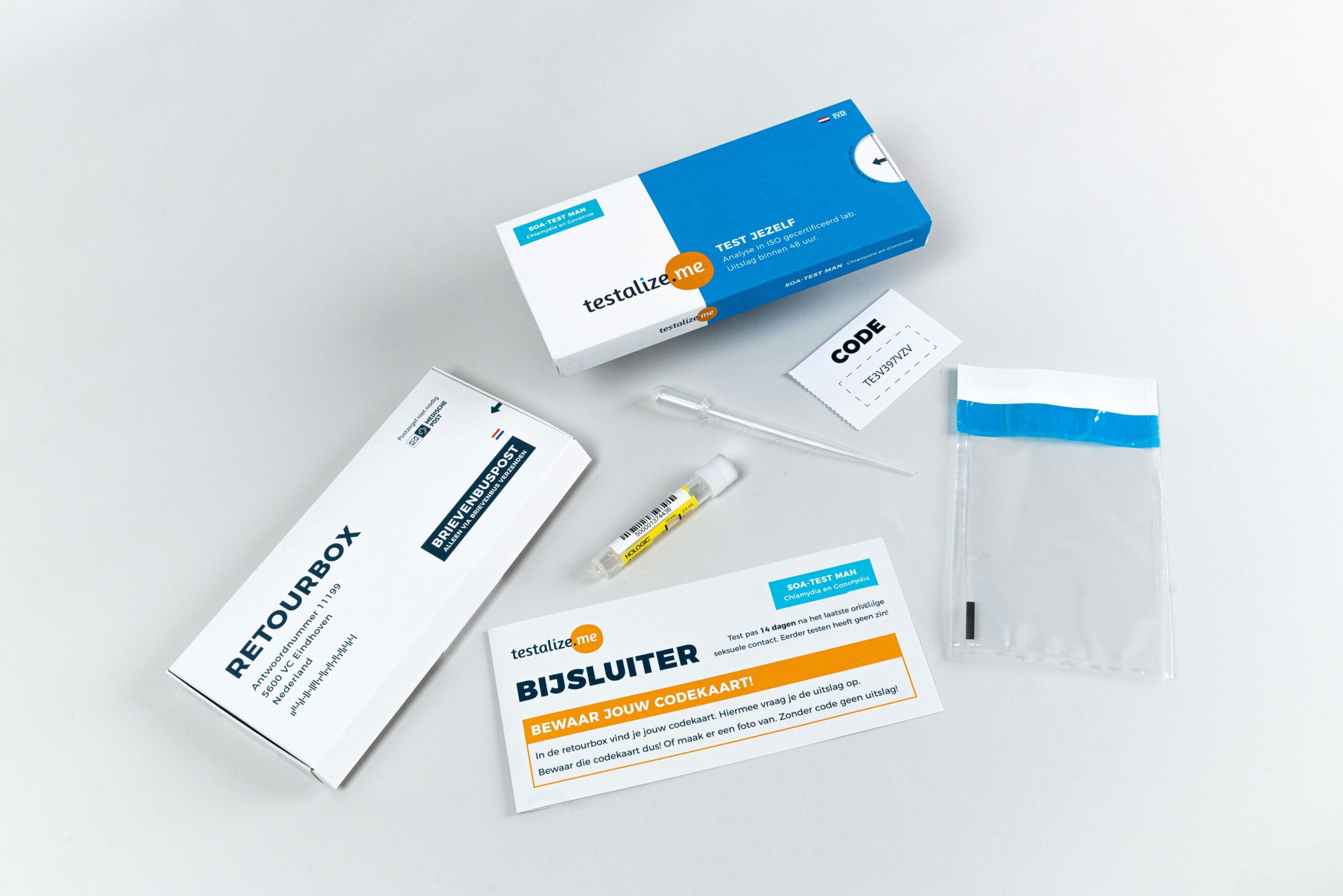Do you ever wonder why some people have no noticeable smell in their morning urine? This topic might seem a bit unusual at first glance, but it’s a curious phenomenon that has intrigued many people and scientists alike. You may have noticed that your own morning urine sometimes has a distinct, unpleasant odor, while at other times, it seems to carry no noticeable scent at all. The reasons behind this can be quite fascinating and are rooted in a multitude of factors ranging from biology to diet.

Biological Factors of Urine Odor
Your urine’s odor is closely tied to several biological processes in your body. These processes can vary widely from person to person, resulting in different urine odors. Understanding these biological factors can help clarify why some people seem to have odorless morning urine, while others might not.
Kidney Function
Your kidneys play a vital role in filtering waste from your blood and producing urine. If your kidneys are functioning optimally, they might filter waste more efficiently, leading to less concentrated and less odorous urine.
Hydration Levels
Hydration is one of the most significant factors influencing the smell of your urine. Well-hydrated individuals are likely to produce less concentrated urine, which tends to have a milder odor. Dehydration concentrates the urine, intensifying its smell.
| Hydration Level | Urine Odor |
|---|---|
| Hydrated | Mild |
| Dehydrated | Strong |
Genetic Variations
Genetic differences between individuals can also play a role in the odor of urine. Some people are simply genetically predisposed to produce urine that has little to no smell. A gene known as OR7D4, for instance, affects how you perceive certain odors.
Metabolic Rate
Your metabolic rate can influence how quickly your body processes food and waste. A faster metabolism might result in less time for odor-producing compounds to concentrate in your urine.
Dietary Influences
What you eat and drink has a profound impact on the odor of your urine. Certain foods and beverages carry compounds that are broken down and excreted through your urine, altering its smell.
Consumption of Water
Water dilutes the concentration of waste products in your urine, often resulting in a less noticeable odor. Drinking plenty of water throughout the day can help maintain this effect into the morning.
Specific Foods
Some foods contain strong-smelling compounds that can pass through your body and end up in your urine. Here are a few examples:
| Food | Common Compounds | Urine Odor Effect |
|---|---|---|
| Asparagus | Asparagusic Acid | Strong, sulfur-like odor |
| Coffee | Aromatic Compounds | Strong odor |
| Garlic | Allicin | Potent odor |
| Cruciferous Vegetables | Sulforaphane | Strong, pungent odor |
Dietary Moderation
Moderating your intake of foods known to affect urine odor could lead to less noticeable smells. Pay attention to any patterns between what you consume and when your urine is less odiferous.
Health Conditions and Medications
Certain health conditions and medications can significantly influence the smell of your urine. If you’re concerned that an unusual odor might signal a health issue, it’s always wise to consult a healthcare professional.
Diabetes
Uncontrolled diabetes can lead to sweet-smelling urine due to high levels of glucose. If you suspect this might be the case, seek medical advice.
Urinary Tract Infections
A urinary tract infection (UTI) can cause your urine to have a very distinct, often foul smell. Other symptoms might include a burning sensation during urination and frequent urges to go.
Medications
Many medications can alter your urine’s smell. Antibiotics and vitamins, especially B vitamins, can produce a variety of scents.
Liver Disease
Liver conditions can lead to the presence of certain compounds in your urine that cause strong odors.
The Role of Bacteria
Bacteria play a role in breaking down waste in your body, and this process can affect the smell of your urine. This factor can be influenced by your diet, hydration levels, and overall health.
Gut Microbiome
Your gut microbiome assists in breaking down food, and variations in your microbiome can lead to differences in urine odor.
Bladder Flora
Your bladder, like many parts of your body, contains a diverse community of bacteria. Changes in these bacterial communities can influence urine odor. For instance, an imbalance might lead to a noticeable smell.

Hormonal Influences
Hormones can also play a significant role in the smell of your urine. This is particularly evident in certain life stages and conditions.
Menstrual Cycle
Hormonal fluctuations during your menstrual cycle can influence the smell of your urine. These changes are normal and usually temporary.
Pregnancy
Pregnancy causes various hormonal changes that can affect the smell of your urine. Pregnant women might notice stronger-smelling urine due to increased blood flow and more efficient waste removal.
Menopause
Menopause can introduce changes in hormone levels that could alter the smell of your urine. This is another natural part of aging and hormonal adjustment.
Daily Habits and Lifestyle Choices
Your everyday habits greatly influence the smell of your urine. Small changes in your lifestyle can lead to noticeable differences.
Sleep Patterns
How well and how long you sleep can affect your metabolic processes and, consequently, the smell of your urine.
Stress Levels
Stress can affect your hormones and metabolic rate, potentially leading to stronger-smelling urine.
Physical Activity
Regular physical activity helps maintain efficient metabolic processes and hydration levels. Conversely, intense exercise without proper hydration can concentrate your urine.
Hygiene Habits
Good personal hygiene can prevent unwanted odors in your urine by reducing bacterial growth in your urinary tract.

Chemical Composition of Urine
Urine is primarily composed of water, but it also contains a variety of waste products that contribute to its smell. Understanding these components can provide insight into why some urine smells while others’ do not.
Urea
Urea is one of the main waste products found in urine. It’s produced from the breakdown of proteins and can contribute to the smell if present in high concentrations.
Ammonia
Ammonia is another compound that can influence urine odor. As urea breaks down, it can form ammonia, leading to a strong scent.
Other Waste Products
Other waste products, such as creatinine and uric acid, can also affect the smell of your urine. Their levels can vary based on your diet, hydration, and health.
Volatile Organic Compounds (VOCs)
VOCs are released through various bodily processes and end up in your urine. These compounds can contribute to a wide range of odors.
Preventive Measures and Remedies
If the odor of your morning urine is a concern, there are several steps you can take to manage it. Implementing a few practical measures can make a significant difference.
Staying Hydrated
Ensuring you drink plenty of water can dilute waste products in your urine, making the smell less noticeable.
Diet Adjustments
Being mindful of your diet, especially the consumption of foods known to affect urine odor, can help manage any unwanted scents.
Regular Check-ups
Routine health check-ups can catch any underlying conditions that might be causing changes in the smell of your urine.
Hygiene Practices
Maintaining good personal hygiene can prevent infections and bacterial growth, both of which can influence urine odor.
When to Seek Medical Advice
While changes in urine smell are often harmless, there are certain situations where it’s important to consult a healthcare professional.
Persistent Strong Odor
If you notice a persistent, strong odor in your urine that doesn’t seem to be linked to diet or hydration, it could be a sign of an underlying health issue.
Additional Symptoms
If the smell is accompanied by other symptoms like pain, burning, or frequent urination, it might indicate an infection or other medical condition.
Sudden Changes
Sudden and unexplained changes in the smell of your urine should be discussed with a healthcare provider to rule out any serious conditions.
Conclusion
Understanding why some people have no noticeable smell in their morning urine involves exploring a variety of factors, from biological and genetic variations to dietary choices and lifestyle habits. By being aware of these factors and making mindful adjustments where necessary, you can manage the odor of your urine and maintain your overall health. Whether it’s through staying hydrated, adjusting your diet, or maintaining good hygiene, small changes can lead to significant improvements. And if you’re ever in doubt, consulting a healthcare professional can provide peace of mind and ensure that your urinary health is in check.

